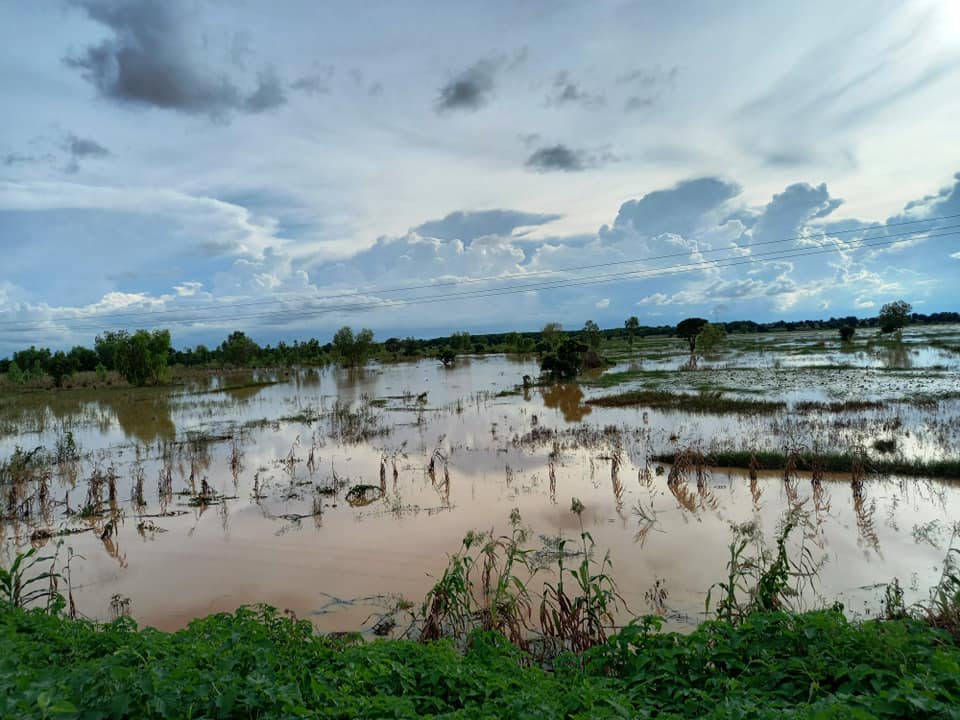There are no products in your shopping cart.
| 0 Items | £0.00 |


NIGERIA is facing the prospect of unprecedented inflation in 2020 as the combination of devastating floods and reduced farm output as a result of the Covid-19 pandemic which has limited economic activity looks set to make food prices spiral out of control.
With global economic output down as a result of the coronavirus pandemic, Nigerian farmers have struggled to get hold of farm inputs like equipment, fertilisers and hybrid seedlings. This, coupled other local problems like flooding, banditry, kidnapping and general insecurity, has led to a significant reduction in agricultural output.
According to the All Farmers Association of Nigeria (Afan) , many farmers across the country are suffering from huge financial losses running into several billions of naira. Kabir Ibrahim, the Afan president, pointed out that the two major contributors were the devastating floods of 2020 and the outbreak of the Covid-19 pandemic.
Mr Ibrahim said: “The agricultural losses this year are colossal. The devastating floods and the coronavirus disease worsened our situation as farmers the more and of course, the effect of this will be felt in the prices of agricultural commodities nationwide.”
In its latest Selected Food Prices Watch report for September 2020, the National Bureau of Statistics confirmed the hike in food prices across the country. It pointed out that the average price of one dozen of medium size eggs increased year-on-year by 5.24% and month-on month by 0.37% to N480.76 in September 2020.
Onallo Akpa, the director-general of the Poultry Association of Nigeria, added: “Maize farmers are complaining of the impact of floods, Covid-19 and others on their production. This is a development that has also raised the cost of feeds, which directly pushes our production cost up as well.”
Segun Adewumi, the president of the Nigeria Cassava Growers Association, added: “The high level of flood this year affected cassava production. For instance, in Kogi State, most of the cassava cultivated ended up as decayed crops because of the flood situation there.
“We experienced similar situations in Bayelsa and other states that are not even known for flooding. Some states in the southwest were also affected and this is one reason why cassava production was not as high as earlier targeted.”
In September, President Muhammadu Buhari lamented the floods in Kebbi State which claimed lives and destroyed farmlands. He described the destruction of farmlands as a huge setback for his administration's commitment to local production of food.